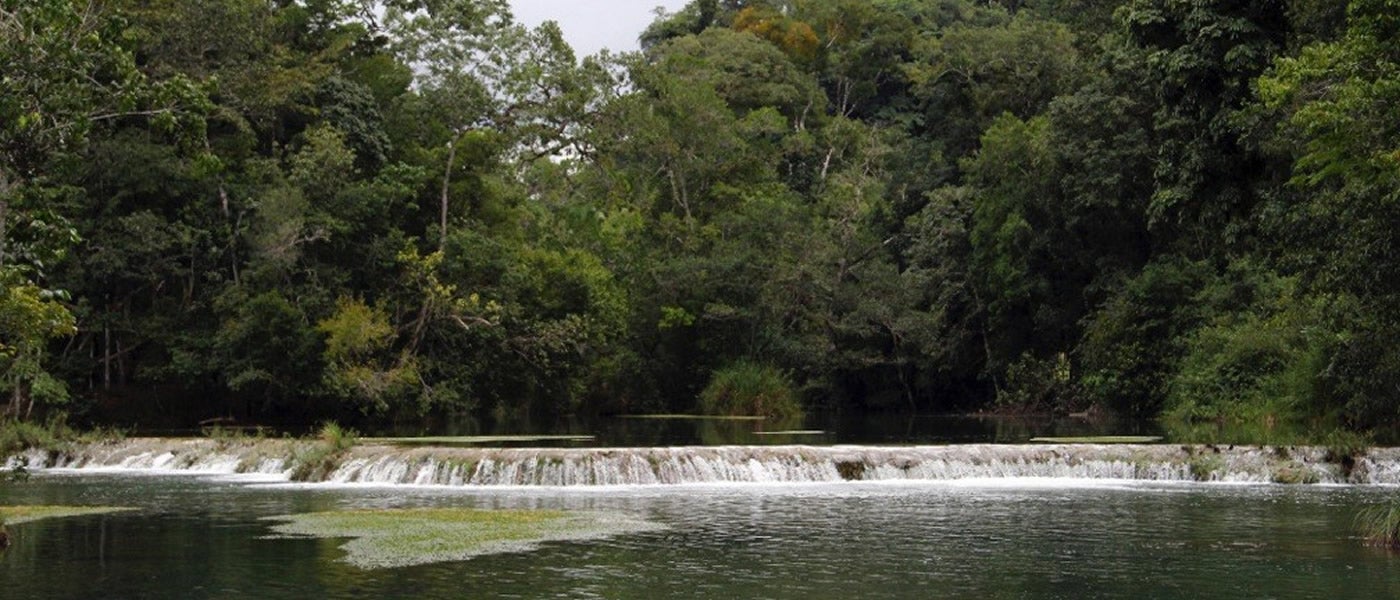You might be without even knowing it…
 Three years ago, tired of our workaholic culture, my family and I decided to move to another country. Selection criteria for our new destination included, not necessarily in order: job opportunities, quality of the educational system, amount of green areas, and level of “environmental” stress. In few words: a place where we could be happy.
Three years ago, tired of our workaholic culture, my family and I decided to move to another country. Selection criteria for our new destination included, not necessarily in order: job opportunities, quality of the educational system, amount of green areas, and level of “environmental” stress. In few words: a place where we could be happy.
But how could we gauge the level of happiness of a place? Bhutan is the only country that officially measures gross national happiness and at the time, it sounded a little too ambitious as a destination.
Turns out, I had to become an expert in sewer epidemiology, a fairly recent scientific discipline that tries to provide truly objective evidence of the worse habits of a society. In scientific terms, in sewer epidemiology, “mass balances are used to back-extrapolate measurements of wastewater influent concentrations of appropriate drug residues to assess the parent illicit drug’s level of use in upstream populations”.
In simpler terms: if the assumption holds true that when we are blue and depressed, we tend to consume more alcohol and drugs; then our urine in the sewerage could produce a sort of “happiness” index and provide a snapshot of the social mood.
A study carried out in Norway on wastewater showed very interesting patterns in drug consumption during the year, with the level of Ecstasy peaking in May. It was suspiciously close to the celebration of the end of high-school spring semester, which runs between May 1 and May 17! What does this mean, besides that my son will never (ever) go study in Norway? How does it compare to other European countries? In 2012, an ambitious study applied the approach simultaneously in 19 European cities, making it possible to directly compare illicit drug loads in Europe over a 1-week period. Cocaine use, for example, was higher in Western and Central Europe and lower in Northern and Eastern Europe.
Epiphany! Collecting wastewater samples could indeed become my ultimate decision criterion for my family move.
What I did not take into account, at that time, is that many drugs, including antidepressants and antibiotics, are making their way back in our drinking water. Even the most modern wastewater treatment plants are designed to remove solids and bacteria, but not screen for pharmaceuticals. And guess what: long-term exposure to this low-dose drug cocktail could prove harmful. The WHO even wrote a guide on this!
After so much thinking about where to move, my new criterion has thus become: will I be happier drinking Prozac (a move to London) or sex hormones (a move to San Francisco)?


Leave a Reply